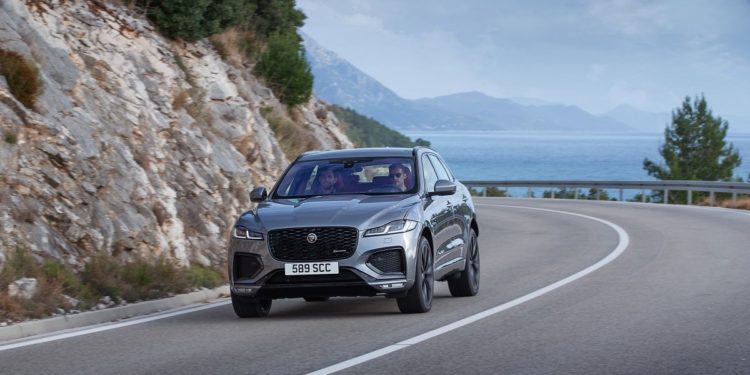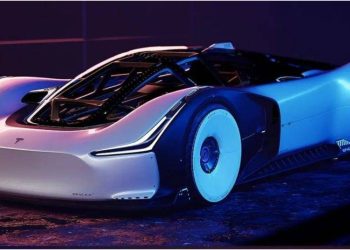After a couple of years or so without news of innovation in their work team, Jaguar-Land Rover reappears on the technology scene with a strategy that from now on will focus on building hydrogen-powered vehicles.
The brand reported on their plans at the same time that the United Kingdom government announced that in order to commit to climate neutrality, it will ban the use of gasoline cars from 2030.
This is how the English group will work in an investigation called “Project Zeus” in which it has the hydrogen battery as the most suitable alternative for Land Rover cars, seen by the British as a great opportunity to fill the gap in the market when large companies like Volkswagen or Mercedes have not been interested in developing these mechanisms.
Jaguar-Land Rover’s chief engineer, Nick Rogers, revealed that in addition to the electric XJ model, more battery-electric cars are being worked on. Nevertheless, the preferred option for the group’s SUVs and off-road vehicles would be the hydrogen cell.
The momentum of the strategy is based on the fact that the company’s large SUVs require greater autonomy of use and due to an adventurous behaviour they are destined to reach places where there are probably no charging stations. We are talking about cars like the Ranger Rover Sport, Velar, Defender or Discovery. Jaguar would reserve the use of batteries since their approach to tourism and more aerodynamic.
In addition, Rogers also argues that the heavier and larger the vehicle in question, the more difficult it is to prioritize aspects such as range when much of the battery charge is being used solely to move the car.
Although there are brands that have expressed their rejection of hydrogen as a replacement for internal combustion cars, there are others that continue to bet heavily by investing time and money in what they consider to be the only real alternative to batteries.
BMW is working on their version of the X5 powered by a hydrogen fuel cell, which would see a production model materialize but in a limited version in the year 2022 and is likely to be followed later by X6 and X7 manufactures.
The British government intends to ban the sale of cars that use internal combustion engines between 2030 and 2035. That would be the opinion of a large part of the already users of electric cars in the United Kingdom.












